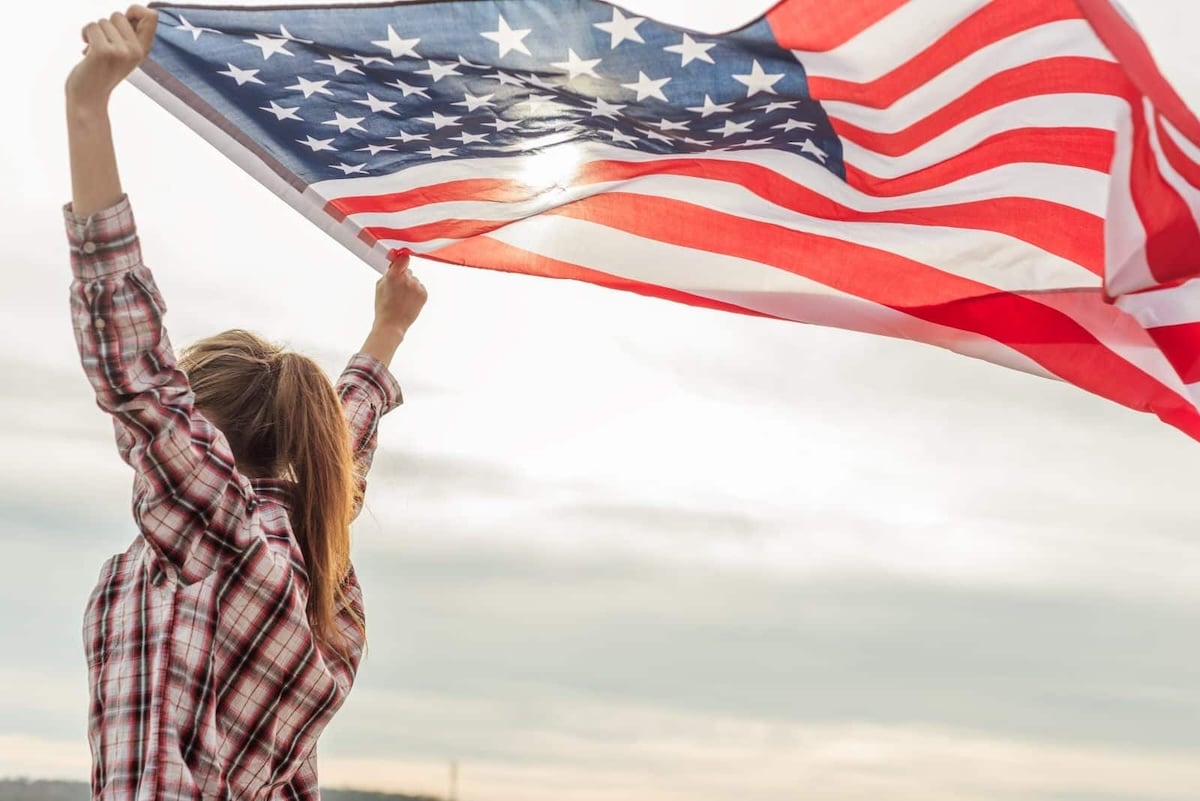Patriotism in America has always been a complex and evolving sentiment, particularly in the 21st century. How have the events of the past two decades reshaped the way Americans express their national identity?
1. The Impact of 9/11

The September 11 attacks profoundly shifted American patriotism towards unity and resilience. This era saw an upsurge in flags, anthems, and public displays of solidarity.
2. The Digital Age and Social Media

Social media has transformed patriotism from a shared public experience to a more individual and often divisive expression. Online platforms amplify both pride and criticism of national policies and actions.
3. The Rise of Multiculturalism

As America becomes more diverse, patriotism has embraced a broader spectrum of cultural identities. This inclusivity has led to new traditions and interpretations of what it means to be American.
4. Political Polarization

The increasing divide between political ideologies has changed how patriotism is perceived and practiced. For some, it’s a badge of conservatism; for others, a call for progressive change.
5. Military Engagements Abroad

The conflicts in Iraq and Afghanistan have had a dual impact on patriotism. Support for troops remains high, but skepticism about foreign interventions has grown.
6. The Response to Globalization

Globalization has challenged traditional notions of patriotism, with debates on trade, immigration, and global cooperation affecting national pride and identity.
7. The COVID-19 Pandemic

The pandemic tested American resilience and unity, revealing both strengths and weaknesses in the national fabric. Patriotism during this time often focused on community support and healthcare workers.
8. Recognition of Veterans

The evolving treatment and recognition of veterans reflect a nuanced view of patriotism. Supportive programs and memorials underscore respect and gratitude for their service.
9. Environmental Patriotism

A new wave of environmentalism has introduced the concept of “green patriotism.” Protecting the nation’s landscapes and resources is increasingly seen as a patriotic duty.
10. Educational Shifts

Changes in how American history and values are taught in schools influence young people’s perceptions of patriotism. This includes debates over curriculum content and the role of national narratives.
11. Sporting Events and Patriotism

Sports, particularly football and the Olympics, remain a powerful arena for expressing national pride. Athletes’ actions, like kneeling during the anthem, spark conversations about what patriotism means.
12. Memorial Day and July 4th Celebrations

Traditional holidays like Memorial Day and the Fourth of July continue to be significant in expressing and shaping American patriotism, combining history, festivity, and reflection.
13. The Influence of Popular Culture

Movies, music, and television play a role in defining and disseminating ideas of patriotism. From superhero films to patriotic songs, pop culture shapes public sentiment.
14. Immigration and National Identity

Debates over immigration policy and the treatment of immigrants affect the landscape of American patriotism, highlighting tensions and aspirations within the national identity.
15. Economic Nationalism

The rise of “America First” policies and sentiments reflects an economic aspect of patriotism, focusing on domestic production and job creation as key patriotic acts.
16. The Role of the Media

The media’s portrayal of national issues and events greatly influences public perceptions of patriotism. This includes both news coverage and opinion pieces that frame the patriotic discourse.
17. Public Health as a Patriotic Act

During crises like the COVID-19 pandemic, actions such as vaccination and wearing masks have been framed by some as patriotic duties to protect fellow citizens.
18. The Reinterpretation of Historical Figures

Reevaluating the legacies of historical figures, from founding fathers to civil rights leaders, impacts the narrative of patriotism and who is included in it.
19. Veterans Day and Armed Forces Day

These holidays deepen the connection between patriotism and military service, celebrating those who serve and have served in a changing world.
20. The Response to Terrorism

Beyond 9/11, responses to terrorism, including domestic extremism, shape contemporary views of patriotism, often blending security with civil liberties debates.
21. National Monuments and Public Spaces

The creation, maintenance, and interpretation of national monuments and parks contribute to a shared sense of patriotism, celebrating both natural beauty and historical significance.
A Nod to the Stars and Stripes

As American patriotism evolves, it remains a tapestry woven with the threads of history, technology, and diverse voices. Navigating this landscape requires understanding and openness, blending the old with the new in the quest for a united nation.
The post The Evolution of American Patriotism: How National Identity Has Changed in the 21st Century first appeared on Mama Say What?!
Featured Image Credit: Shutterstock / Romanets.
For transparency, this content was partly developed with AI assistance and carefully curated by an experienced editor to be informative and ensure accuracy.





